Keywords: Breath
There are more than 200 results, only the first 200 are displayed here.
-
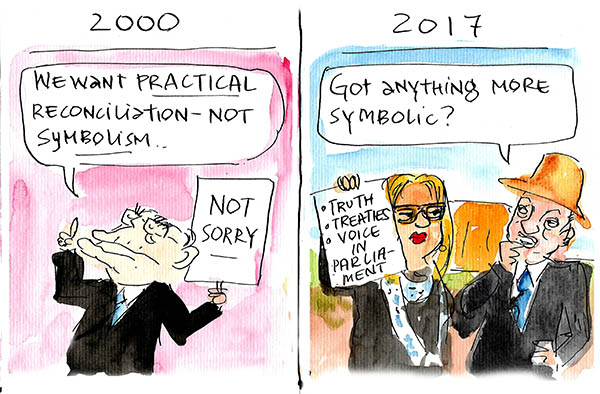
AUSTRALIA
- Kate Galloway
- 30 May 2017
10 Comments
Political response has been ambivalent at best, and ambivalence sounds a death knell for mainstream engagement by a tentative public. Turnbull pointed out that any claim must be acceptable to the general public to succeed. In the next breath he discussed the success of the 1967 Referendum. This was disingenuous given the political reality of 67, where there was no case presented for a no vote. After the Uluru Statement, it is now not possible to ignore substantive constitutional reform, or treaty.
READ MORE 
-
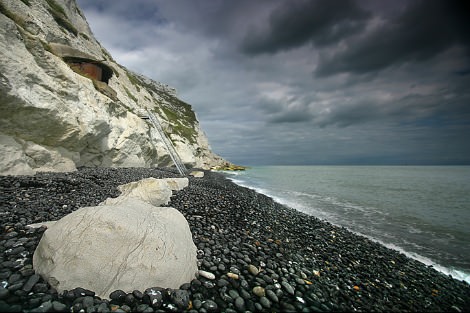
ARTS AND CULTURE
- Gillian Bouras
- 19 May 2017
13 Comments
Does poetry still matter in our Twitter society? Such was the question that caught my eye during a random Google session. The answers consisted of some lugubrious comments to the effect that poetry, like the novel, is dying. It is hard to believe that poets were once considered celebrities, and that poetry was once a pre-eminent form of entertainment. We also generally refrain from mentioning poetry and politics in the same breath. 'Twas not always thus.
READ MORE 
-

ARTS AND CULTURE
- Linda Stevenson
- 15 May 2017
3 Comments
The hem is good to touch, has a firm stitch. I wonder ... who pressed it flat, by whose hand was the white cotton thread sent bobbing, in what factory did my semi-slave breathe, labour? Was it here, a sweatshop in our own suburbs, or a distant forced camp? What lamps burned through hard-pressed nights of work? The sheet's material is light, a white cotton, beckons rest for me. Except, I still think over it ... who dyed, sewed, folded, packed? Who went to their bed dog-tired, with blood-sore fingers?
READ MORE 
-
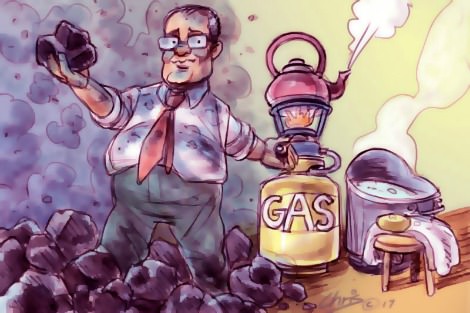
ENVIRONMENT
- Greg Foyster
- 23 February 2017
10 Comments
Australia's most politically contentious rock is back in the limelight after Prime Minister Turnbull spruiked 'clean coal' power stations in early February, and Scott Morrison brought a lump of the stuff to parliament. It was a juvenile act, but an effective one: here we are again, still talking about coal weeks later, when the real energy policy battle is over gas. But that's how it goes - a pitch for a new coal-fired power station in Australia is actually a clever exercise in repositioning gas as a greener fuel.
READ MORE 
-

ARTS AND CULTURE
- Earl Livings
- 06 February 2017
4 Comments
Narrow, pointed arch entrance, low vaulted ceiling, stone and wood panelling - here four murderers walked over 800 years ago to rid their king of a meddlesome priest. Amidst singing and candlelight at Vespers, Thomas Becket stood at the Cathedral altar, knowing the armoured knights were coming: 'Here I am, not a traitor of the King, but a priest. Why do you seek me?' After their clamouring and brandishing of hatchets and axe, he knew his fate, bent his head in submission.
READ MORE 
-

ARTS AND CULTURE
- Bernard Appassamy
- 30 January 2017
3 Comments
I grew up terrified of my father's barber, Andre. He announced his arrival by ringing the bell of his black Raleigh bicycle at our gate. I was dragged to the chair where the towel was passed on to me. Andre did his best to keep his calm with me. I must have tested his nerves to a limit when he told me of the day he so badly severed one ear of a young boy who wouldn't sit still that a pig's ear had to be stitched on in replacement. 'I don't believe you,' I replied, but sat frozen from thereon.
READ MORE 
-

ARTS AND CULTURE
- Carol O'Connor
- 21 November 2016
6 Comments
Counting angels dancing on a pinhead? How about, making count the stranger who stands right in front of me ... Love lies hidden. Quick! Look under the moss, hear the stone sing ... Mother Earth is groaning ... Dislocation. Disconnection. Displacement. Only you, only you, only you can take us home.
READ MORE 
-

RELIGION
Two days after his election, the communications team of General Congregation 36 sat down with Father General Arturo Sosa to discuss his life and thought. The conversation introduces the new Superior General in a way that is more personal, to Jesuits and the wider Ignatian family around the world.
READ MORE
-
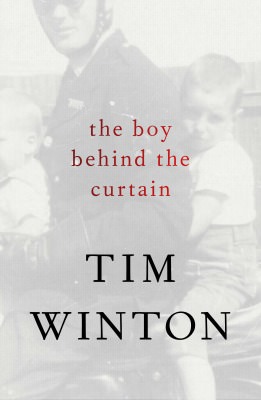
ARTS AND CULTURE
- Tim Kroenert
- 26 October 2016
1 Comment
'When I was a kid I liked to stand at the window with a rifle and aim it at people.' So begins the opening, titular essay. It is a singularly arresting entre to an essay that charts the author's complex relationship with firearms (part awe, part terror), by way of commenting on the place of guns in Australian society. In this collection of essays Winton adopts this mode frequently, weaving (sometimes deeply) personal narratives into stirring, thoughtful commentary on a broad range of social and political issues.
READ MORE 
-
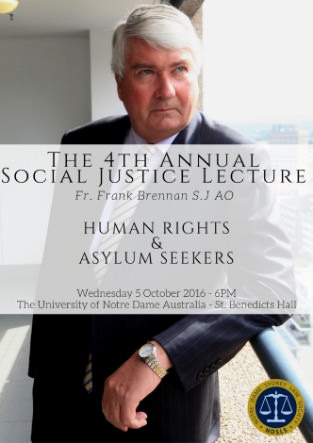
AUSTRALIA
- Frank Brennan
- 06 October 2016
8 Comments
Australia's policy is unique and unrepeatable by other nations because it requires that you be an island nation continent without asylum seekers in direct flight from the countries next door and that you have access to a couple of other neighbouring island nations which are so indigent that they will receive cash payments in exchange for warehousing asylum seekers and proven refugees, perhaps indefinitely. The policy over which Turnbull presides is not world best practice. It's a disgrace.
READ MORE
-
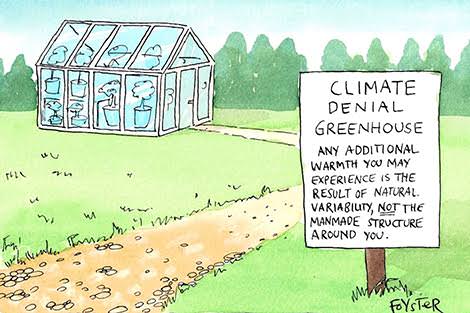
ENVIRONMENT
- Greg Foyster
- 26 September 2016
11 Comments
In January, swathes of ancient forest in Tasmania burned in bushfire. February 2016 was a scorcher - the warmest in 136 years of modern temperature records. By late March I was looking at images of a bleached Great Barrier Reef and feeling similarly blanched. I went for a walk, breathing heavily. It was sunny. Ominously warm. Fifteen minutes later, when I returned to my desk, my mood was buoyant again. I turned off my computer, and threw the report I'd been reading in the recycling bin.
READ MORE 
-

RELIGION
- Frank Brennan
- 23 September 2016
18 Comments
'No good will be served by a royal commission auspiced by the state telling a Church how it judges or complies with its theological doctrines and distinctive moral teachings. By all means, set universal standards of practice expected of all institutions dealing with children, but do not trespass on the holy ground of religious belief and practice.' Fr Frank Brennan SJ addresses the Freedom for Faith Conference in Melbourne, 23 September 2016.
READ MORE